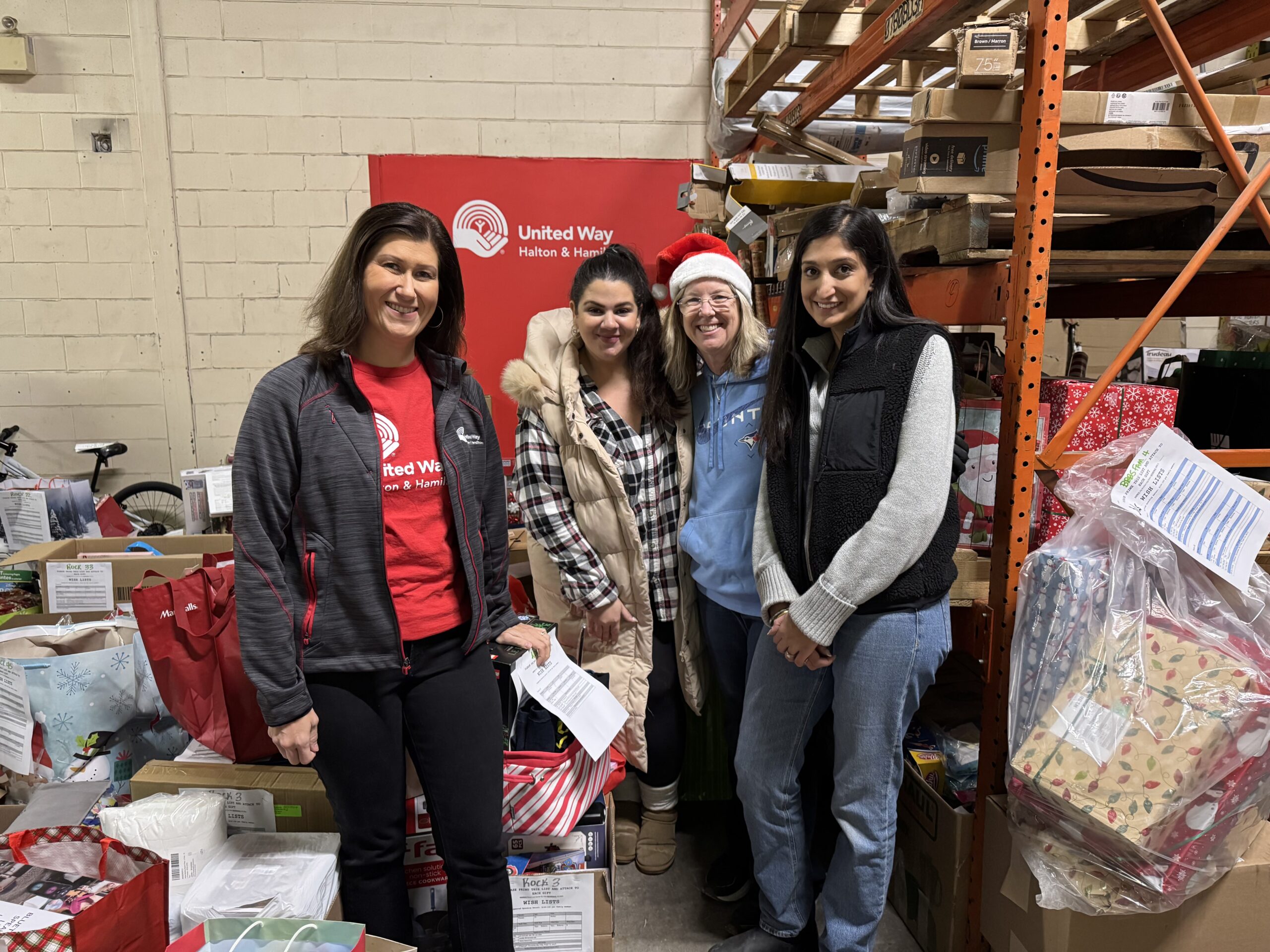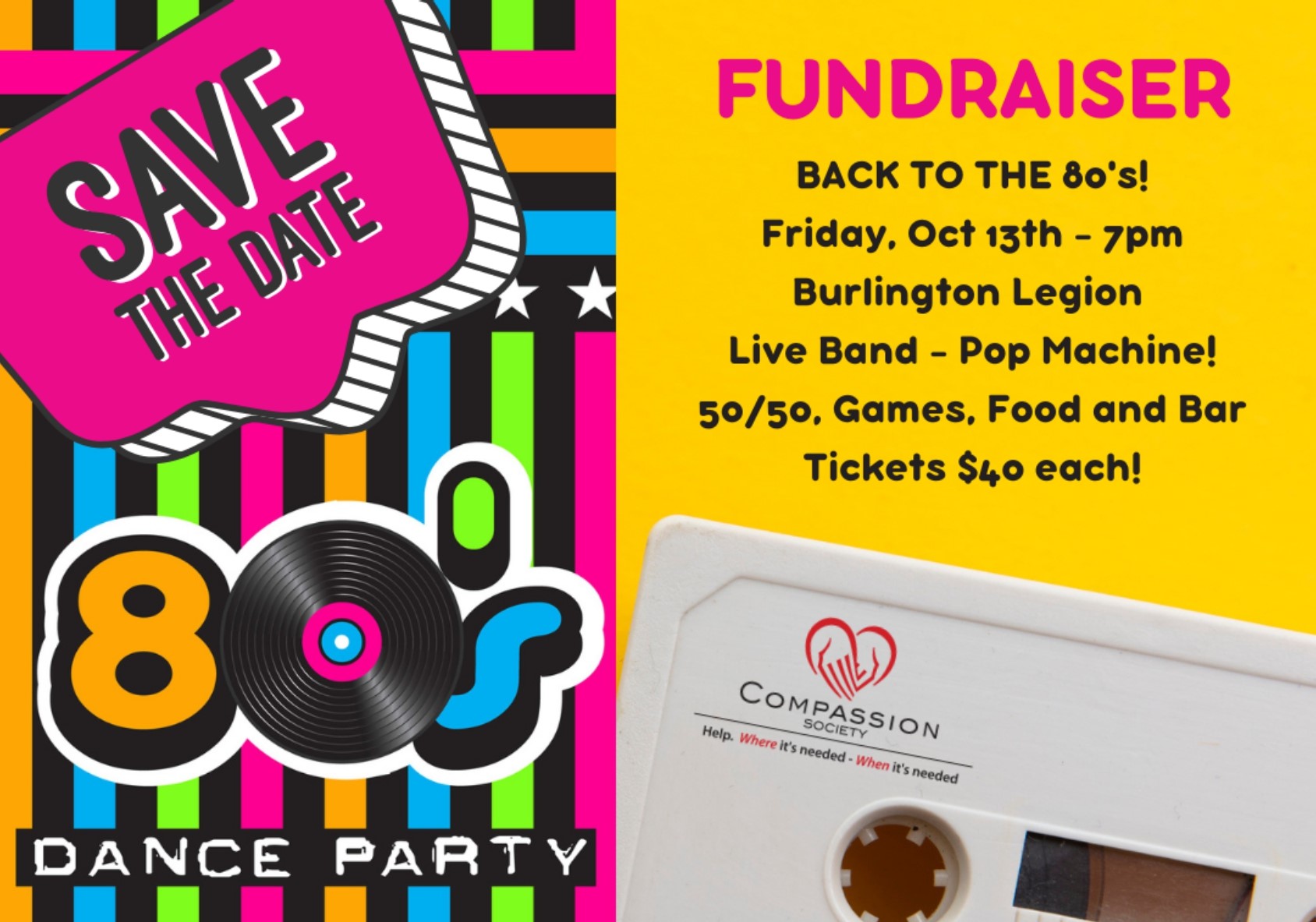By Jody Harbour, co-founder of Grandmother’s Voice
Opinion.
As National Truth and Reconciliation Day approaches, Canadians will once again pat themselves on the back for progress they think they’ve made. They’ll share land acknowledgments, attend workshops, and maybe even post something on social media. But let’s be honest: June 2025 will mark ten years since the Truth and Reconciliation Commission (TRC) released its Calls to Action, and only a small fraction of those calls have been answered. Reconciliation feels like a buzzword. Where’s the real change? Where’s the genuine commitment?
I’ve lived in Halton for decades, and while progress has been made in some areas, we’re not anywhere close to where we need to be. Urban Indigenous people like me navigate a world of symbolic —and sometimes empty — gestures while systemic racism and discrimination still lurk in every corner. Yes, more Indigenous artists are commissioned for murals, more stories are being published, and more corporate sectors are talking about “Indigenous hiring initiatives.” But this feels performative — a surface-level approach to a much deeper wound.
My own path to understanding began unexpectedly in Oakville. I remember the moment my journey started — sitting in a coffee shop, hearing that an Indigenous centre had opened at the local college campus. I rushed over, full of optimism, and was welcomed with open arms. That moment of belonging was everything my father, my Ancestors, never had. But now I realize how fragile that sense of belonging can be in a system built to exclude us.
I identify as an Urban Indigenous woman — Cayuga on my father’s side, and like many of us, carrying the weight of multiple heritages, not all of which fit neatly into society’s categories. My father, Gord, was adopted by a German stepfather, torn from his roots, and placed into the care of Children’s Aid.
As I was growing up, he told me stories about Indigenous people forced to hide their identity. He spent his life lost in a society that never wanted him to find himself.
He died at 52, a casualty of the very system that claimed to protect him. The alcoholism that claimed his life is part of this country’s legacy of trauma inflicted on Indigenous people, stripped of their families, their culture, their identities. He died because this country was built on the erasure of Indigenous identity. I vowed I would not let that be my story. My father’s struggle ignited my determination to understand our history, the forces of colonization that shaped it, and my own identity.
And yet, here I am, watching history repeat itself in a new guise. Reconciliation? What we have is tokenism. A land acknowledgment is nice, but it doesn’t bring back the women raped and murdered on the very land you’re acknowledging. Hiring an Indigenous executive sounds progressive, but who in the boardroom actually supports them when they speak uncomfortable truths? We cannot just tick boxes anymore — we’re talking about lives, about generations of trauma that a few hiring initiatives and a nice mural can’t fix.
The truth is this: Canada isn’t ready for reconciliation because Canada hasn’t truly reckoned with its past. The Calls to Action aren’t there for decoration; they are a guide to meaningful change. And yet, ten years later, only 13 of the 94 have been answered. Is this what progress looks like? What we see instead are settler organizations hoarding Indigenous funding, deciding how reconciliation should look, while Indigenous voices are silenced or sidelined. The system is designed to educate settlers, not to support Indigenous-led healing and growth. This dynamic perpetuates the cycle of oppression. It’s performative inclusion — made to soothe the guilty conscience of a nation that doesn’t want to face the ugly truth of its own history.
Let me be clear: Indigenous people don’t need your charity. We don’t need your approval or permission to take up space in this country. What we need is for you to step back and let us lead. We’ve been healing ourselves for generations, without your help. We’ve been reconnecting to the land, rebuilding our communities, and passing on the knowledge that colonization tried to strip away. Indigenous people are connecting to the land and to each other in ways that offer hope for the future. The principles of love, compassion, and respect, grounded in traditional matriarchal values, guide us forward.
You want to help? Hand over the mic. Let us be the ones to decide how reconciliation should unfold.
Two-eyed seeing, a concept shared by Mi’kmaw Elder Albert Marshall, is about balancing Indigenous and Western ways of knowing, using both to benefit everyone. True reconciliation means honouring both perspectives and ensuring Indigenous voices lead the way. But balance only works when both sides are respected. In today’s world, the Indigenous eye is still struggling to see and to be seen clearly, blurred by layers of colonial control, systemic racism, and exploitation. Reconciliation isn’t just about acknowledging the past; it’s about dismantling the structures that continue to oppress us. It’s about real action, not token gestures.
So, are we really on the path to reconciliation, or are we being led in circles by a system that’s still afraid of what real change would look like? We need to stop pretending that hiring an Indigenous artist or including a land acknowledgment before a meeting is enough. True reconciliation demands that the power be returned to Indigenous communities to lead, to heal, and to thrive in a world that has consistently denied us those very things.
This isn’t just about Indigenous inclusion — it’s about survival. It’s about making sure that my children, and their children don’t have to carry the same burdens that my father did. It’s about ending the cycle of systemic violence, oppression, and erasure that Canada has perfected over centuries.
Ten years in, 13 out of 94 Calls to Action addressed. That’s not progress — it’s an insult. It’s time to stop talking about reconciliation and start acting on it. Hand over the resources. Let us lead our own healing. The easy road has been taken long enough, and it hasn’t gotten us anywhere. Reconciliation isn’t something that settlers get to control. It’s time for Indigenous voices to rise — unapologetically, unrestrained, and unafraid.




